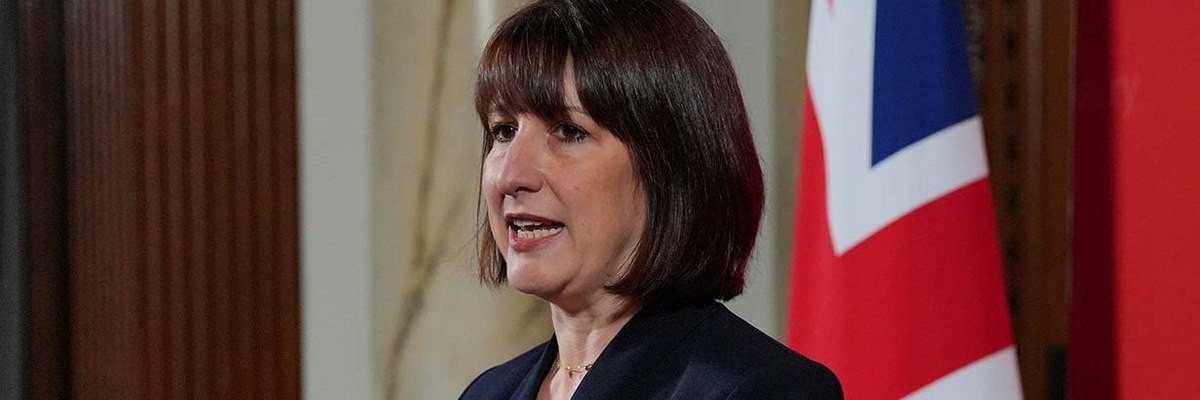Just 15% of the British public think tax rises would be right at the moment, but are split on who would be responsible for any increase
In Rachel Reeves’ first major parliamentary speech as chancellor, she has announced billions of pounds worth of cuts to public spending, blaming a worse than expected financial inheritance from the previous government, including a £22 billion funding shortfall.
Whether or not the public buy or accept the ‘tough decisions’ the new chancellor says she is forced to make, Reeves’ central argument that the decisions are necessary because of the financial situation she has inherited from the last Conservative government should resonate with the public.
Only one in nine (11%) Britons believe Labour inherited a ‘good’ financial situation, including just three in ten (31%) Conservative voters. A clear majority of Britons (61%) agree with the chancellor that the last government has left public finances in a bad state, including 35% who see the finances as being ‘very bad’.
Although the prospect had been raised that Reeves would use her speech to announce increases in tax, including by the opposition Conservatives, who have stated that Reeves’ approach is a ‘con’ that is laying the groundwork for tax rises in this autumn’s budget, the chancellor ruled out increasing taxes for working people.
This will reassure much of the public, with fewer than one in six (15%) Britons feeling that the government should increase taxes right now. Nor is there much appetite for tax cuts, the preferred path of just 29% of the public, including only 37% of Conservative voters. The most common position of the public, at four in ten Britons (41%), is that the correct path for the moment is keeping taxes at the current level.
But even if Reeves did raise taxes, would she get the blame? A third of Britons (32%) say that any tax rises in this autumn’s budget will mainly be down to choices by Labour, while a similar three in ten (30%) view the state of public finances left by the last Conservative government as primarily responsible for any increases in tax. More than a quarter (27%) of the public say they would consider both governments equally responsible for the chancellor upping the tax bill.
Rather expectedly, Conservative voters are far more likely to view tax rises as an active choice of the Labour government (73%), while only 3% see them as a consequence of the last government’s actions. By contrast, only one in eight (12%) Labour voters would see them solely as a choice by Starmer’s new government, with six in ten (58%) believing them to be required by the current state of public finances. More than one in five (21-23%) of both parties’ voters see both governments as responsible to some extent.
See the full results here
How do you feel about taxation, the economy in general, and everything else? Have your say, join the YouGov panel, and get paid to share your thoughts. Sign up here.
Photo: Getty









